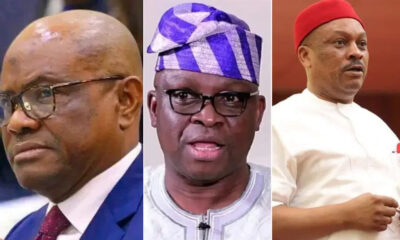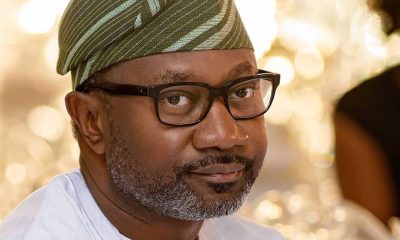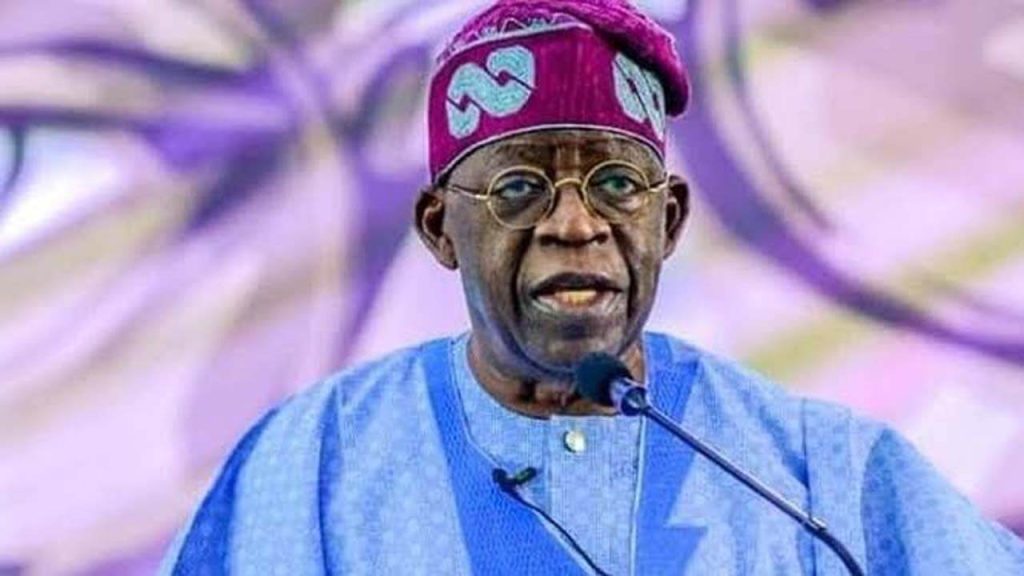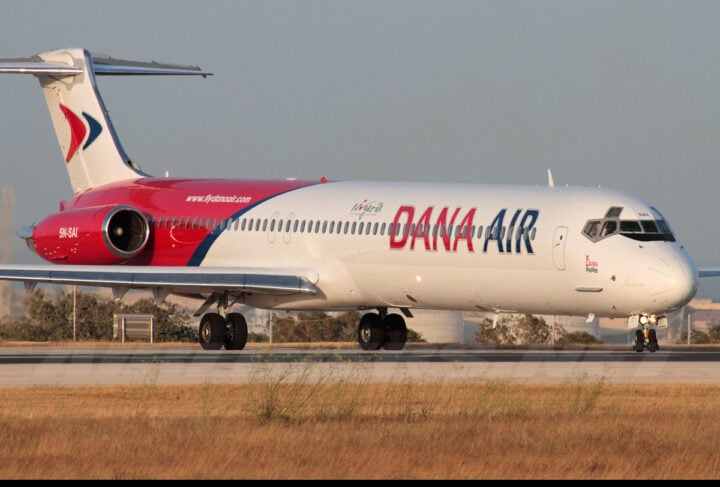With the new borrowing limit set by the Federal Government, Nigeria can expand its current debt portfolio from N33.11tn to N61tn.
The new borrowing limit contained in a document, Medium Term Debt Strategy, shows that Nigeria has raised its borrowing limit from 25 percent of the Gross Domestic Product to 40 percent of the GDP.
This revelation came even as the Senate gave new approvals to the Federal Government to borrow $8.33bn and €490m from external sources.
As of December 31, 2020, the National Bureau of Statistics put the country’s GDP at N152.32tn. Thus, forty percent of the current GDP is N60.93tn.
Twenty-five percent of the current GDP is N38.08tn, an amount which the nation may have surpassed in debt given that there are loans which the nation has already secured but are not included in the debt stock because they have not been drawn down.
This means that Nigeria can borrow as much as N60.93tn. Thus, with Nigeria’s current debt currently at N33.11tn, the new borrowing limit has given the country the leeway to expand its debt portfolio by up to N27.82tn.
Director-General of the Debt Management Office, Patience Oniha, confirmed the new borrowing limit in a telephone interview with one of our correspondents on Thursday.
Oniha said, “The new debt limit is 40 percent. It was approved as part of the MTDS 2020 – 2023. The document and highlights are on our website.”
The DMO boss also dismissed insinuations that the new approval given by the Senate may have taken the country beyond the set borrowing limit.
She said, “The latest loan approval is within 40 percent. Secondly, note that these loans will be disbursed over time and only what is disbursed is included in the debt stock.”
The debt strategy document said, “The debt limit was increased to accommodate new borrowings to fund budget, issuance of more promissory notes and the proposal to transfer some State Owned Enterprises’ debts, including AMCON to the FGN’s Balance Sheet in line with the IMF’s guidelines, and the proposed inclusion of ways and means.
“This limit is provided in Section 12(1) of the Fiscal Responsibility Act (FRA), 2007, and efforts are to be made to ensure compliance, except if in the opinion of the President, there is good reason to exceed the threshold, as further provided in Section 12(2) of the Act.”
The primary objective of Nigeria’s MTDS, 2020-2023 is to guide the borrowing activities of the FGN in the medium-term, the document said.
The framework compares alternative funding strategies available to the government as it pursues the desired structure of the debt portfolio that reflects the selected strategy considering the costs and risk trade-offs in the medium term.
The document said, “The main thrust of this new strategy is to moderate the level of debt-related risks, reduce the cost of debt servicing, maximize leveraging on funding from multilateral and bilateral sources, subject to availability, whilst ensuring debt sustainability, amongst other objectives.”
According to the document, the DMO is not in control of the growth in GDP and FGN revenue, but its assessment of the performance of Nigeria’s total public debt to GDP shows that the debt portfolio remains within a sustainable limit.
It said, “The ratio of Total Public Debt Portfolio to GDP was 19.00 percent as at December 31, 2019, compared to 13.02 percent in 2015, remaining within the Country-Specific Debt Limit of 25 per cent.
“Although the ratio has increased steadily due to new borrowings and slower growth of the GDP, this ratio for each of the years – 2016 to 2019, was well below the World Bank/IMF’s recommended threshold of 55 percent for countries in Nigeria’s peer group and ECOWAS convergence threshold of 70 per cent, as well as within the Country’s Specific Debt Limit of 25 per cent.”
According to the National Debt Management Framework 2018 -2022 document on the DMO website, Nigeria is a Lower-Middle-Income country.
According to the document, Debt Sustainability Analysis carried out by the DMO uses the joint World Bank/IMF Debt Sustainability Framework for Low-Income Countries.
According to this sustainability framework, medium economies on the composite indicator must have a liquidity ratio for external debt service to revenue of 15 percent.
The Head of Economics Department, Pan-Atlantic University Lagos, Dr Olalekan Aworinde, in an interview with one of our correspondents, said that there were various measures of sustainability.
He said, “There is the solvency ratio; there is also the liquidity ratio. Nigeria might be claiming to be solvent in terms of debt to GDP ratio, but we have to critically look at the debt service to revenue ratio. If it is very high, it is not good for the debt sustainability of Nigeria.
“The debt service to revenue ratio is around 72 per cent, and that shows that 72 percent of government revenue is used to service debt.
“The truth is that the government will continue to borrow, because the level of their expenditure, the total recurrent and capital expenditure, is always on the increase over the years.
“The government has to finance this expenditure; once they can only spend less than 30 percent of the revenue they are getting, the fact is that the remaining will have to be financed by some other funds, leading to a budget deficit.
“The end product is that the FG will continue to borrow, and probably sell off some of their properties or print money.
“Earlier this year, we were told that the Federal Executive Council had to rely on printing money to give to the local and state government. This is staring us back in the face: we can see it in the high level of inflation, high level of prices of goods and services in Nigeria over time. The value of the naira keeps depreciating every day. These are some of the likely possibilities in the future.”
Aworinde said that debt was good when utilized for the right purpose and that countries like the United States incur debts too, but these debts yield returns.
He added, “It has a lot of implications, there are positive sides to it and there are also negative sides to it. The government is borrowing and probably one of the reasons they want to borrow is for capital expenditure. If the debt they are incurring is for capital expenditure and it is well utilized, it will eventually translate into growth.
“More importantly the interest rate they are likely to pay back and the returns they are likely going to get on that particular investment if it is greater than the interest rate in terms of servicing it is going to be better.”
He added, “But my worry here is that if these particular debts are not used for capital expenditure if it is used for recurrent expenditure, it won’t translate to growth. “Another concern is that in the future, Nigeria will have to pay back this debt, and if that happens, they will increase the tax rate. If they are increasing the tax rate, the tendency is that it will become a burden on the future generations.”
A former President, Association of National Accountants of Nigeria, Dr Sam Nzekwe, said the level of revenue and usage of the loan were more important than the loan ratio to the GDP.
He said, “Are you going to be able to pay the loan you are taking? If you are saying we are safe with loans to GDP, we may not be safe as such. If we are actually a producing economy, there would not be a problem.
“I don’t worry about loans, but what have we done with the loans. We should be looking at how to have the infrastructure to help the economy to grow.”
He added that the servicing of loans in Nigeria now was taking so much chunk of the country’s money.
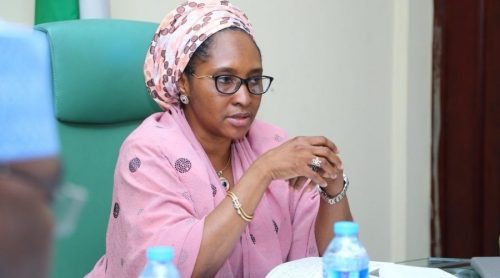

 BIG STORY1 day ago
BIG STORY1 day ago
 BIG STORY2 days ago
BIG STORY2 days ago
 BIG STORY1 day ago
BIG STORY1 day ago
 BIG STORY5 days ago
BIG STORY5 days ago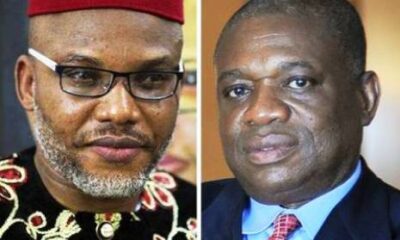
 BIG STORY2 days ago
BIG STORY2 days ago
 BIG STORY1 day ago
BIG STORY1 day ago
 BIG STORY2 days ago
BIG STORY2 days ago
 BIG STORY1 day ago
BIG STORY1 day ago






